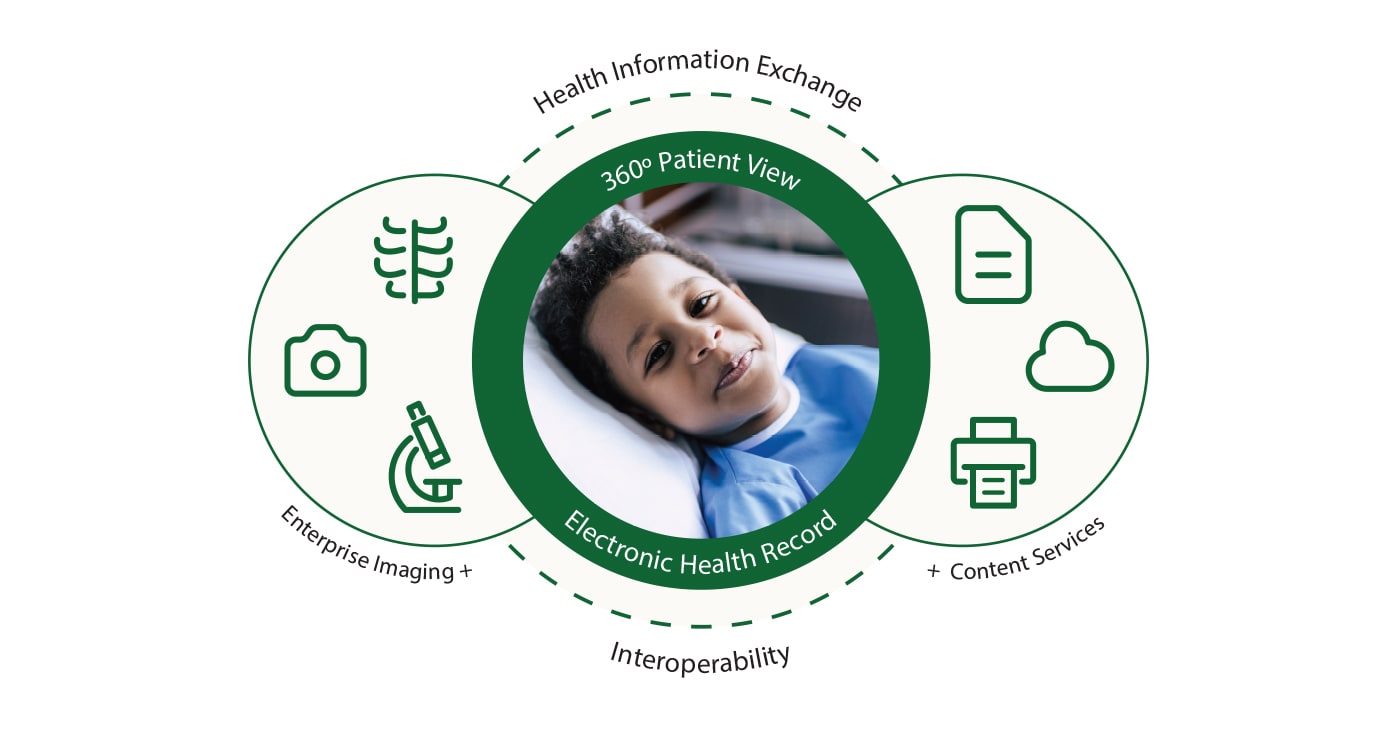The Relevance of Healthcare RCM in Enhancing Capital and Efficiency
The Relevance of Healthcare RCM in Enhancing Capital and Efficiency
Blog Article
Introducing the Advantages of Healthcare RCM in Improving Effectiveness and Precision in Income Cycle Management
In the quickly evolving health care landscape, the relevance of Income Cycle Management (RCM) can not be overstated (Healthcare RCM). As doctor pursue accuracy and performance, RCM emerges as a pivotal tool in streamlining operations, reducing mistakes, and boosting financial end results. By integrating with Electronic Health Records and leveraging advanced technologies, RCM not only enhances administrative tasks but also improves the cases refining experience. This transformation holds the prospective to redefine economic efficiency and client trust fund. Yet, what are the specific mechanisms driving these renovations, and exactly how can they be harnessed to their full capacity?
Enhancing Management Jobs

Furthermore, the assimilation of digital health records (EHR) with RCM systems facilitates real-time data access and sharing, enabling medical care professionals to make informed choices without delay. This interconnectedness not just boosts communication in between professional and management teams but likewise boosts patient satisfaction by minimizing waiting times and billing disparities - Healthcare RCM. Moreover, structured administrative processes enable better compliance with regulatory criteria, mitigating risks linked with audits and charges
Inevitably, the focus on refining management tasks in RCM results in cost financial savings and boosted economic efficiency. By investing in automation and maximizing process, healthcare companies can accomplish a more lasting profits cycle, making certain long-term viability and the capability to adapt to developing sector needs.
Enhancing Cases Processing
How can medical care companies improve the efficiency of their insurance claims processing? The assimilation of advanced Income Cycle Administration (RCM) systems supplies a robust remedy. By using automation and innovative analytics, RCM systems streamline the complicated and typically troublesome insurance claims refining jobs. Automation minimizes hand-operated information entry mistakes, makes sure conformity with the most up to date payment codes, and speeds up the overall claims lifecycle from entry to repayment.
Additionally, real-time analytics play a crucial role in enhancing claims processing efficiency. These analytics tools give insights right into traffic jams and potential rejections, permitting doctor to resolve concerns proactively. Predictive analytics can forecast patterns in claim rejections, enabling preemptive measures to mitigate them, hence reducing the time taken for claims to be processed and approved.
Additionally, the adoption of electronic wellness documents (EHR) integrated with RCM systems makes sure smooth information circulation, reducing redundancies and increasing the accuracy of details submitted in cases. A constant responses loop helped with by RCM systems even more refines the procedure, cultivating constant renovation.
Ultimately, by leveraging technology-driven options in cases refining, healthcare organizations can improve operational effectiveness, boost capital, and offer a smoother experience for clients and personnel alike.
Reducing Financial Mistakes
Exact visit the site financial management is vital in health care, where decreasing economic mistakes can significantly influence functional success. Economic errors, whether because of incorrect payment, coding errors, or mismanagement of patient accounts, can cause substantial earnings loss and stretched partnerships with payers and individuals. Attending to these errors is vital to maintain a health care company's monetary health and boost its reputation.
Healthcare Earnings Cycle Management (RCM) plays a crucial role in reducing such mistakes via structured procedures. By executing standardized treatments for payment, coding, and collections, healthcare suppliers can ensure that monetary transactions are handled with accuracy. Comprehensive training for staff on current coding policies and payment techniques also decreases the chance of mistakes, making sure cases are correctly refined and repaid.

Additionally, comprehensive audits and routine financial evaluations within the RCM structure enable the very early detection and correction of disparities. Making certain precision in client information entry and verification even more reduces errors, as this is commonly a main resource of inaccuracies. By concentrating on these calculated locations, medical care companies can reduce financial mistakes, therefore securing their income streams and enhancing general operational performance.
Leveraging Advanced Technologies
In today's rapidly progressing healthcare landscape, leveraging innovative modern technologies is crucial for enhancing Profits Cycle Management (RCM) processes. By integrating innovative solutions such as fabricated knowledge (AI), maker understanding (ML), and robot process automation (RPA), doctor can considerably improve the effectiveness and accuracy of their RCM operations. These modern technologies assist in improving repetitive jobs, decreasing hands-on errors, and making it possible for much faster processing of cases.

Additionally, the combination of blockchain modern technology improves data safety and openness within RCM (Healthcare RCM). It makes sure that sensitive details is secured while preserving an immutable document of deals. This is critical for constructing trust fund with stakeholders and individuals
Boosting Financial Performance
Structure on the performances gotten via innovative modern technologies, medical care companies can significantly enhance their monetary performance by refining their Revenue Cycle Management (RCM) strategies. By maximizing payment procedures, minimizing claim denials, and improving money circulation, health care establishments can accomplish better monetary security.
Furthermore, information analytics within RCM systems offer useful insights into operational traffic jams and monetary patterns. By leveraging these insights, medical care providers can make informed choices to improve financial outcomes, such as adjusting payment techniques or renegotiating payer contracts. Boosted precision in coding and paperwork even more decreases case rejections and audits, fostering a smooth revenue cycle.
Additionally, client engagement devices incorporated within RCM platforms enhance patient contentment by offering transparent invoicing details and versatile settlement alternatives. This openness not only improves patient-provider partnerships yet likewise urges timely repayments, lowering superior accounts receivables.
Final Thought
Health Care Profits Cycle Management dramatically optimizes efficiency and precision by streamlining administrative tasks and boosting claims handling. Through the decrease of economic errors and the integration of innovative technologies such as AI and predictive analytics, RCM assists in conformity with invoicing codes and supplies important insights into monetary patterns. This organized technique not only reduces prospective claim rejections yet additionally increases financial efficiency, home consequently fostering trust and transparency with patients and stakeholders within the health care system.
As medical care providers strive for precision and performance, RCM emerges as an essential tool in simplifying procedures, decreasing mistakes, and boosting financial results.Enhancing administrative tasks in healthcare profits cycle management (RCM) provides significant advantages by enhancing operational effectiveness and decreasing the worry on team.Health Care Profits Cycle Administration (RCM) plays an essential duty in minimizing such errors with structured procedures.In today's swiftly evolving health care landscape, leveraging innovative technologies is necessary for enhancing Earnings Cycle Monitoring (RCM) processes.Structure on the performances gotten with innovative technologies, medical care companies can significantly enhance their monetary performance by fine-tuning their Income Cycle Administration (RCM) techniques.
Report this page